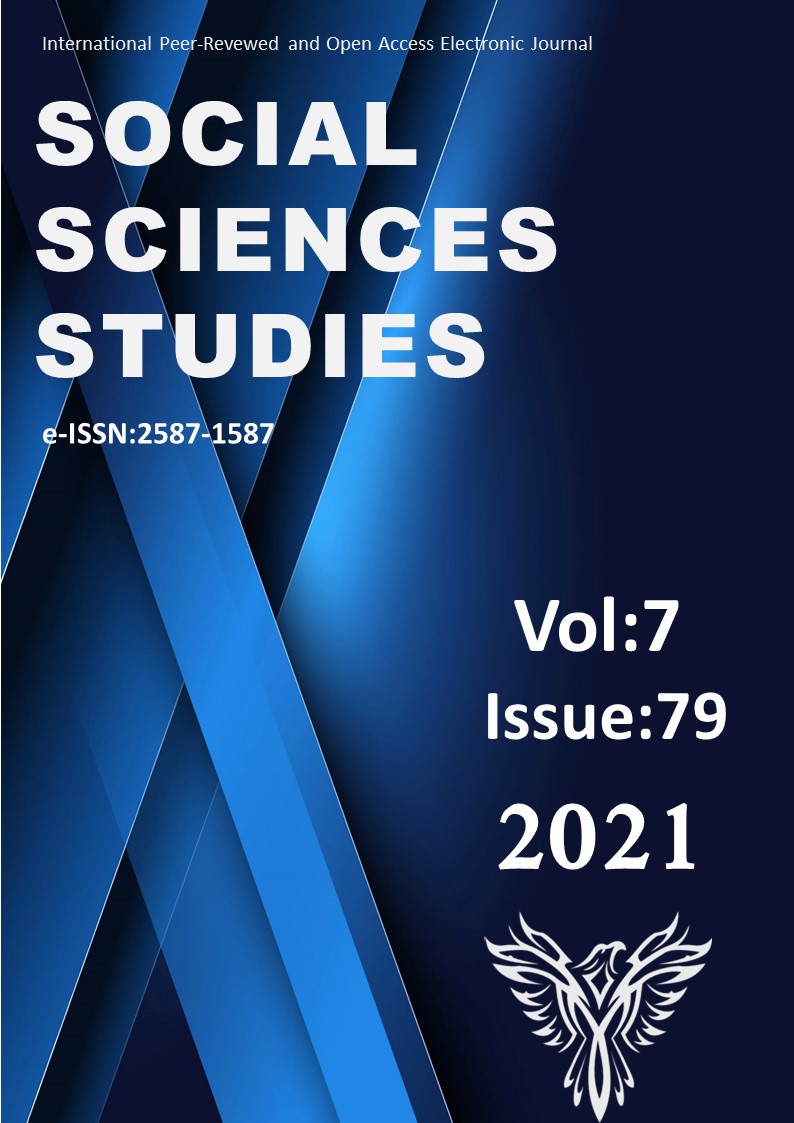Author :
Abstract
Bu çalışmada, Türkiye’nin kuruluş yıllarından neo-liberalleşme sürecine giden 1923-1980 dönemi iktisat politikalarının tarım ve sanayi sektörleri üzerindeki etkileri incelenmiştir. Osmanlı Devleti’nden devralınan iktisadi yapının bağımsız şekilde işlerlik kazanabilmesi için İzmir İktisat Kongresi ile başlayan politika yapım süreci devletçi, liberal, planlı iktisadi yapı gibi farklı politikalar ile devam etmiştir. 1923-1980 dönemi Türkiye’sinde uygulanan iktisat politikalarına bakıldığında; karakteristik özelliklere sahip olduğu, ortalama 10 yıllık ömür ile global ekonomideki gelişmelerin yanı sıra ülkedeki siyasi konjonktürün de etkisi sonucu dönem dönem popülist politika tercihlerinin hakim olduğu dikkat çekmektedir. İç ve dış faktörlerin de etkisiyle şekillenen iktisat politikalarının tarım ve sanayi sektörlerinin gelişimi üzerindeki etkisinin dönem bazında analizi amaçlanmıştır.
Keywords
Abstract
In this study, to the establishment year from the neo-liberalization process in Turkey, the 1923-1980 period, the effects of economic policies on agriculture and industrial sectors were examined. The economic policy-making process that started with the Izmir Economy Congress to make the economic structure taken over from the Ottoman Empire operate independently; it continued with different policies such as statist, liberal, and planned economic structure. When it looks at the economic policies in the 1923-1980 period; It is noteworthy that, with its average 10-year life span, the developments in the global economy, as well as the influence of the political conjuncture in the country, dominate populist policy choices from time to time. It is aimed to analyze the effects of economic policies, which are shaped by the effects of internal and external factors, on the development of agriculture and industry sectors periodically.
Keywords
- Çadırcı, Ç. & Dinçel, İ.Y. (2021). “İktisat Politikası Tercihlerinin Sektörler Üzerindeki Etkisi: 1980 Öncesi Türkiye” International
- Social Sciences Studies Journal, (e-ISSN:2587-1587) Vol:7, Issue:79; pp:857-869 İKTİSAT POLİTİKASI TERCİHLERİNİN SEKTÖRLER ÜZERİNDEKİ ETKİSİ: 1980 ÖNCESİ TÜRKİYE Impact Of Economic Policy Choices On Sectors In Turkey Before 1980 Arş. Gör. Çiğdem ÇADIRCI Harran Üniversitesi, İktisadi ve İdari Bilimler Fakültesi / İktisat Bölümü, Şanlıurfa/TÜRKİYE
- Bu çalışmada, Türkiye’nin kuruluş yıllarından neo-liberalleşme sürecine giden 1923-1980 dönemi iktisat politikalarının
- yapı gibi farklı politikalar ile devam etmiştir. 1923-1980 dönemi Türkiye’sinde uygulanan iktisat politikalarına bakıldığında;





